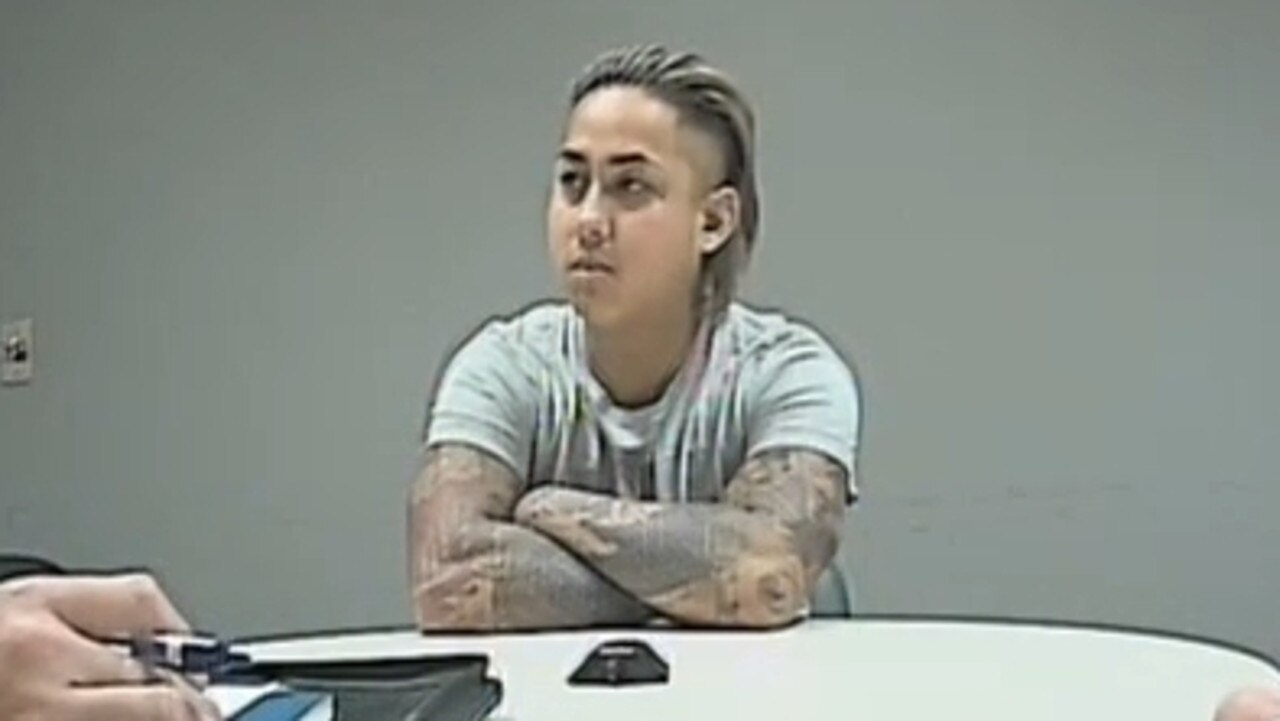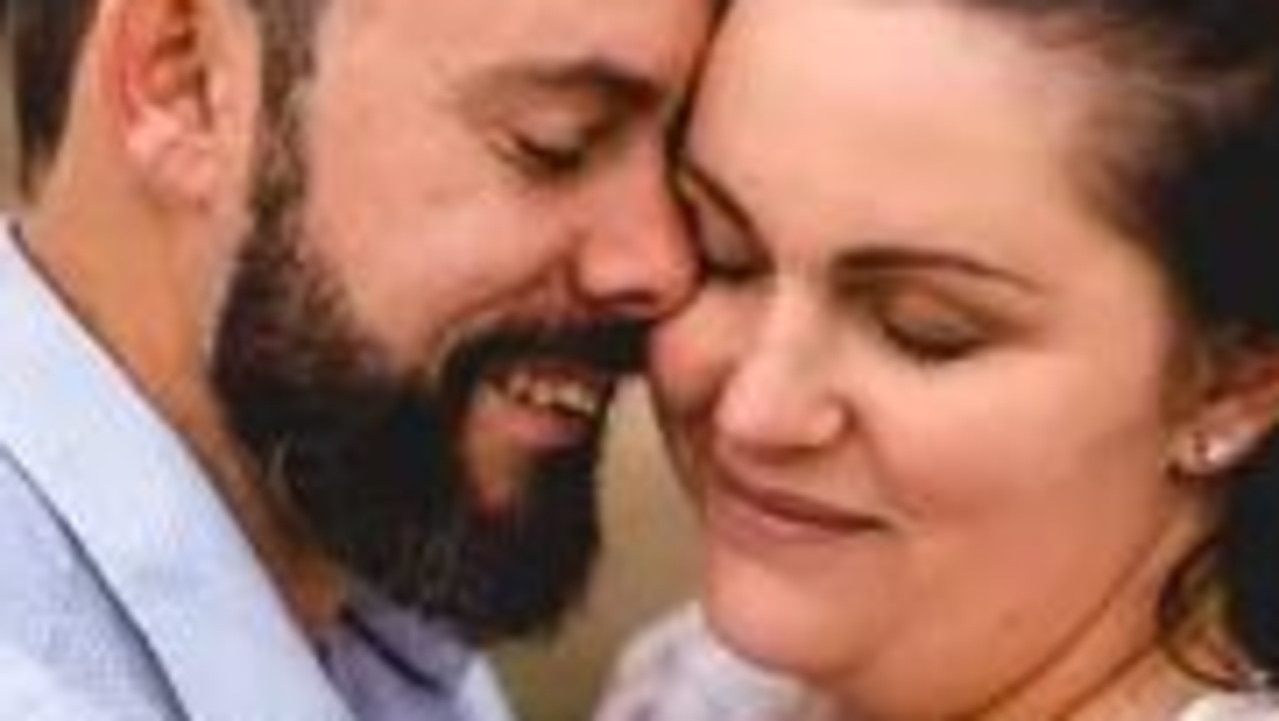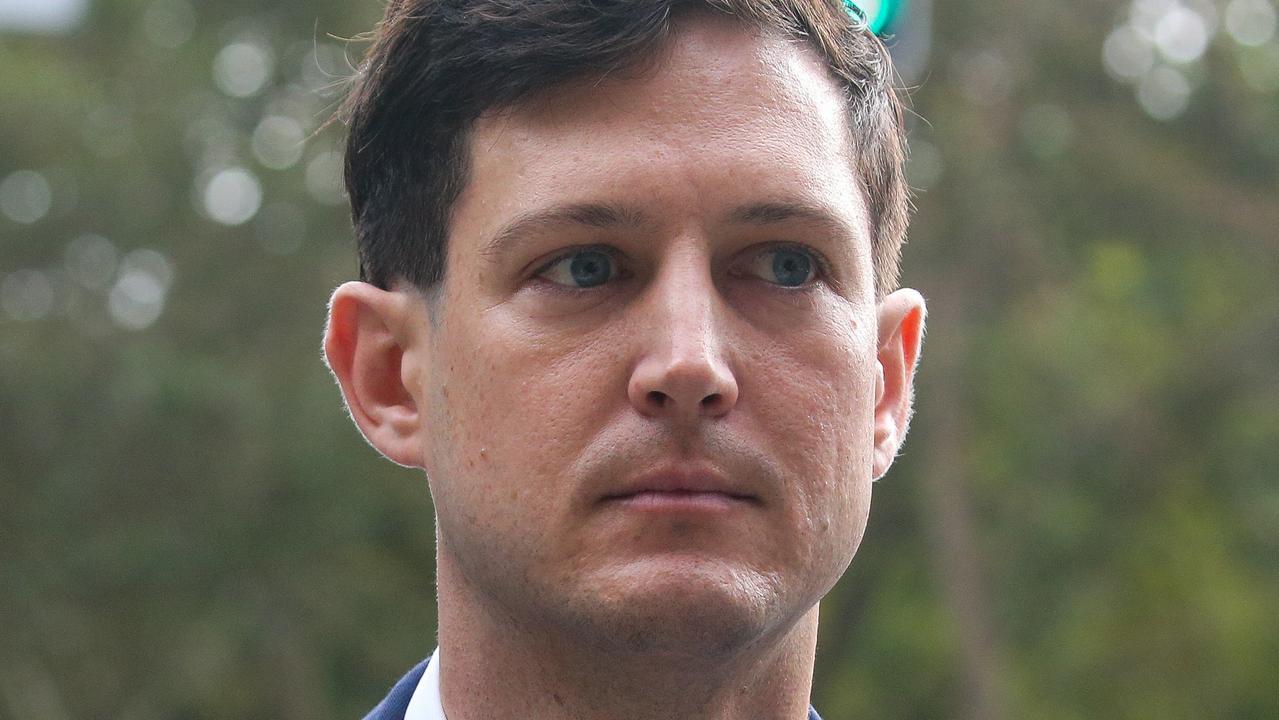Mum tried to poison 2yo on NSW Central Coast
The woman is believed to have been suffering from symptoms of a rare psychological disorder at the time of the offence, a court has been told.

A woman who tried to poison her two-year-old daughter with insulin was suffering from symptoms of a rare psychological disorder at the time of the offence, a court has been told.
The woman, who cannot be named for legal reasons, appeared in the Downing Centre District Court on Friday charged with using poison to endanger life.
The 32-year-old pleaded guilty to the charge, which carries a maximum of 10 years in imprisonment, last August.
The two-year-old was taken to The Children’s Hospital at Westmead on two separate occasions in August and September in 2020 after suspected poisoning, police said.
Police alleged the woman had given her daughter “a poison namely insulin”.
The girl was treated and has since recovered.
The mother was arrested at a home in Umina Beach on the NSW Central Coast back in July 2021.
She was granted bail in August 2021, ahead of her court matters.
‘A cry for help’
The woman sat in front of Judge John Pickering on Friday and showed little emotion as the court was told details of the attempted poisoning.
At the time of the women’s offending, psychiatrists believe she was displaying symptoms of factitious disorder imposed on another, also known as Munchausen syndrome by proxy, due to her underlying “emotional vulnerabilities”.
In court on Friday, Forensic Psychiatrist Dr Kerri Eagle was questioned on the symptoms of the disorder which occurs when people, usually caregivers, fabricate symptoms or even induce an illness in order to make them appear sick or illicit attention.

The court was told how the woman had experienced “significant trauma” in adolescence, which Dr Eagle anticipated would require intervention over a “long period of time”.
“It is not a syndrome that has a one size fits all approach, and it’s not always receptive to treatment,” she told the court.
The defence questioned Dr Eagle on whether the woman, or someone with the disorder, was likely to pose any risks to the general public.
“From my records … she has not engaged in any behaviour that would suggest that she has put anyone else in harm, or any members of the community other than someone in her care,” she told the court.
Instead, Dr Eagle said in her opinion the risks would be “to herself or somebody that she is caring for”.
The court was also told how medical records suggested the woman had a history of hospitalisations in her adolescence, due to hypoglycaemia.
The woman had admitted to psychiatrists that she had been “non-compliant with her (diabetes) treatment regimen” and had “manipulated her insulin”.
She is theorised to have injected herself with too much insulin during times of “extreme stress”.
Dr Eagle agreed based on the records that the woman appeared to have used hospitals as a safe environment during adolescence, a behaviour that is typical for those with munchausen.
“They take these extreme steps in order to solicit care from professionals,” she said.
Meanwhile, Dr Jeremy O’Dea, who was also called to give evidence, said while the woman’s conduct was likely a “cry for help”, he “can’t be definitive about her motivation”.
“She didn’t manage stress well … but I don’t think I’m in a position in terms of speculating the motivation of the conduct,” he told the court.
Dr O’dea said that the woman had told him that she was “worried about her daughter” and wanted medical professionals to take her seriously.
Judge Pickering noted it had taken the woman “almost four years to admit to the conduct”.
“It took a significant period of time for her to be forthcoming yes,” Dr O’dea replied.
The disorder itself is not come across fairly often, according to Dr O’dea.
“It’s a fairly uncommon disorder … it’s essentially a description of a behaviour,” he said.
“At this stage we don’t have much background or scientific understanding of it.”
The sentencing continues.



